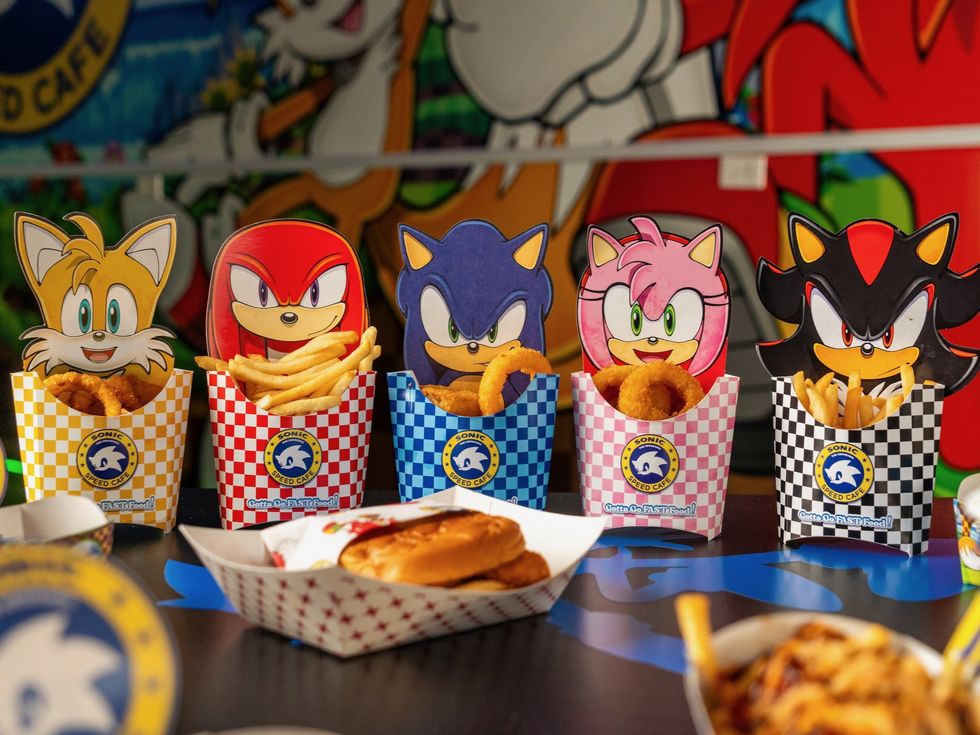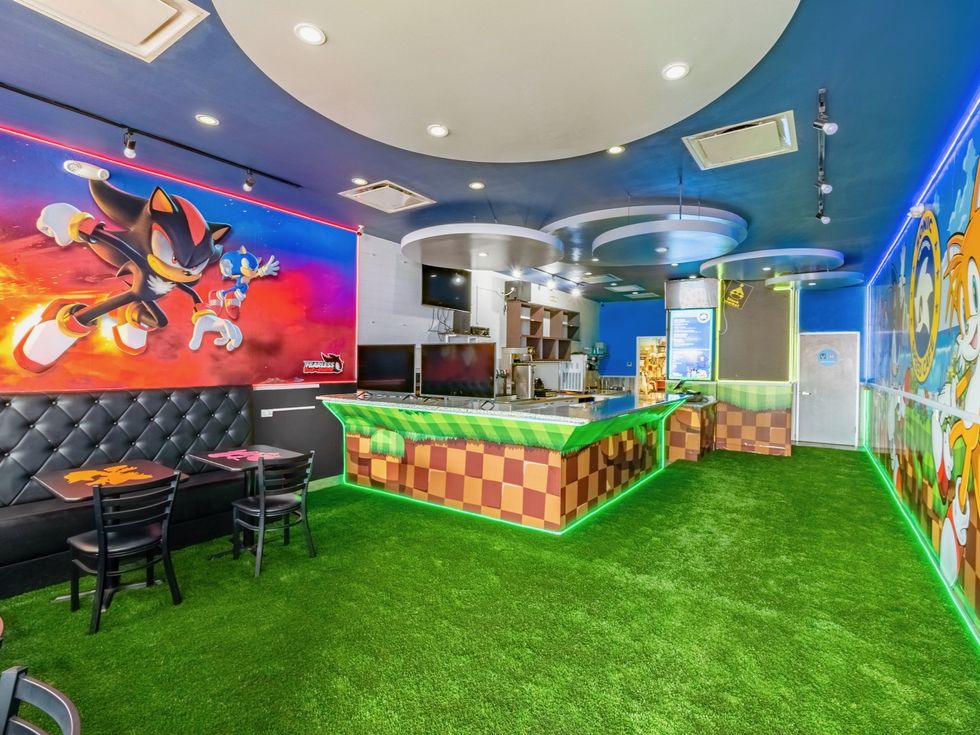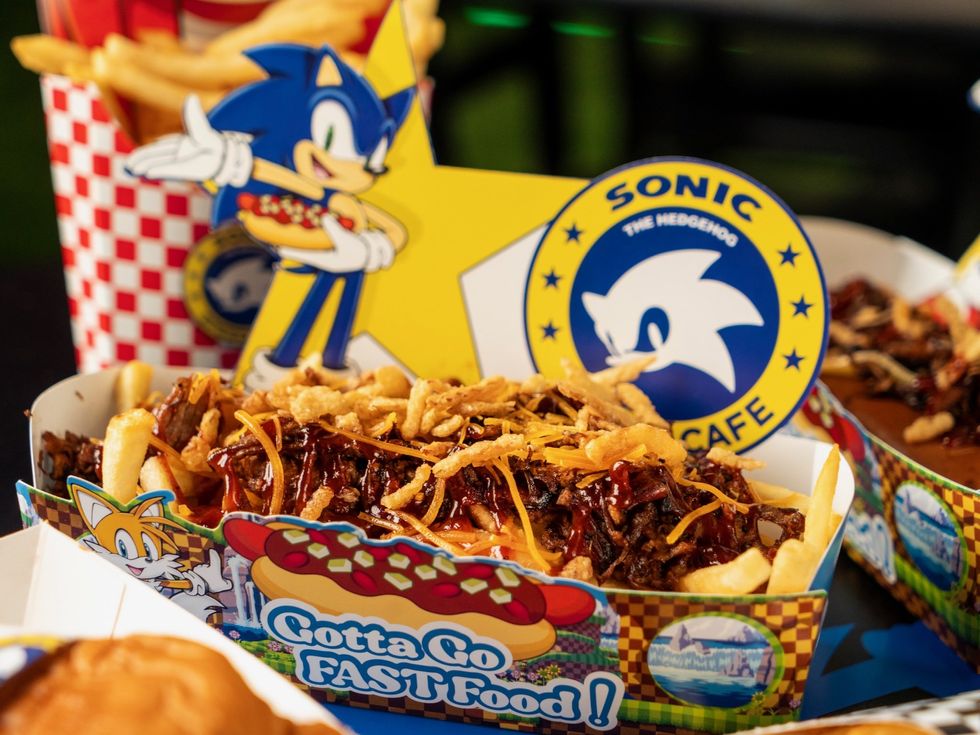No Reservations Controversy
The No Reservations restaurant controversy: Is it good or bad for business — and foodies?
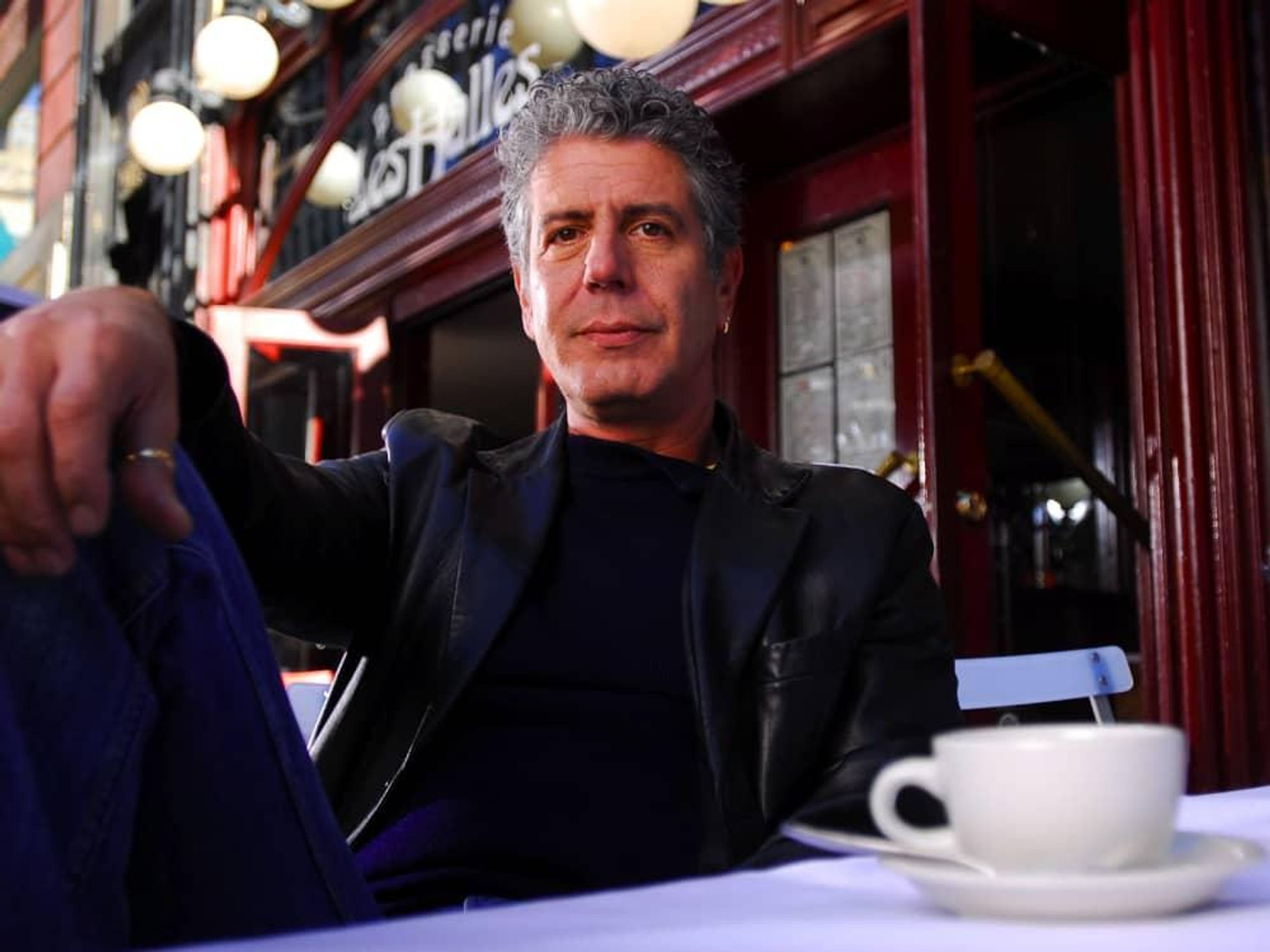
No Reservations isn’t just the name of an Anthony Bourdain TV show.
It also seems to be a growing trend among some restaurants.
I don’t have a problem with restaurants that don’t take reservations. And here’s way: I hardly ever make reservations.
I tend to eat out at earlier hours than most people who are going out for lunch or dinner. I get there before the crowds turn up and I’m usually a party of one or three at the most and I don’t have a problem eating in the bar. I have never been turned away.
Small casual restaurants with limited seating and high demand can’t afford for tables to sit empty when some or all guests are not present or — worse — no shows.
Maybe I’m lucky, maybe not. I regularly eat Sunday brunch at Phil & Derek’s Restaurant & Wine Bar. I take a two-top in the bar area and Phil knows if we’re not there by 15 minutes after he opens we aren’t coming and he can give the table away. Many times I have seen him turn bigger parties away because he’s fully booked.
But seriously, if you’re a Sunday brunch party of 10, if it’s your birthday or God forbid Valentine’s Day, you darn well better make a reservation somewhere that will take them. And show up on time.
Just don’t even think of planning a special event around a particular restaurant without making a reservation there. And don’t plan a special meal at a restaurant that doesn’t take reservations. That’s just asking for trouble and tears.
The Reservations Conundrum
So why don’t some places take reservations?
Tom Williams, a former restaurant owner, explains that a small casual restaurant with limited seating and high demand can’t afford for tables to sit empty when some or all guests are not present or — worse — no shows.
And there’s the cost to the restaurant: Phone lines, staff to man them or OpenTable.com fees. Which may be why some restaurants charge a fee for a reservation. I wouldn’t go to a place like that. I think that’s going too far and luckily I haven’t run across any Houston restaurants with this policy.
“I can appreciate a place that allows walk-ins, but if I call and they don’t take reservations I think more of Cafe Express than a restaurant experience,” says Michael Pierce who co-writes the Gayby Boom blog with his husband.
And then there are places that make you fork over a credit card to make a reservation and will charge you a fee if you don’t show up. Roost does this for parties of six or more and it makes sense. If you’re a small eatery just one or two no shows can make the difference between a profitable night and one where the owner loses his shirt.
"If I call and they don’t take reservations I think more of Cafe Express than a restaurant experience.”
If you’re ambivalent about whether you’re going to show up, then just don’t make a reservation. Take your chances, roll the dice and see if you can get in.
On the other hand, I wouldn’t go back to a restaurant that didn’t honor a reservation.
“I don’t have a problem if they won’t take a reservations,” says foodie Francie Mendenhall. “I have more of a problem with ones that do take reservations and don’t honor them and don’t call you (to notify) of any change.”
Clearly the reservation situation needs to be honored by both parties. A little wait at the bar because some customers are lingering a little long over coffee is understandable. A half hour wait when you have a reservation is not.
Foodie Pete Mills reports from San Antonio that the situation is mixed. “There seems a fear of too much too soon for small operations, prevalent in South Town particularly,” he says. “But there’re also a couple that seem OK with making people wait regardless. If I’m pleased with the food and the spirit of a place, I don’t mind too much, but it’s a fine line.”
I probably wouldn’t wait — with or without a reservation — for any length of time unless I really, really wanted to eat that food. But I always carry a Kindle with me just in case I do need something to occupy the time with.
So what’s the answer? Common sense on both sides. And just know what you’re willing to put up with, after all it’s your dollar, spend it where you want.

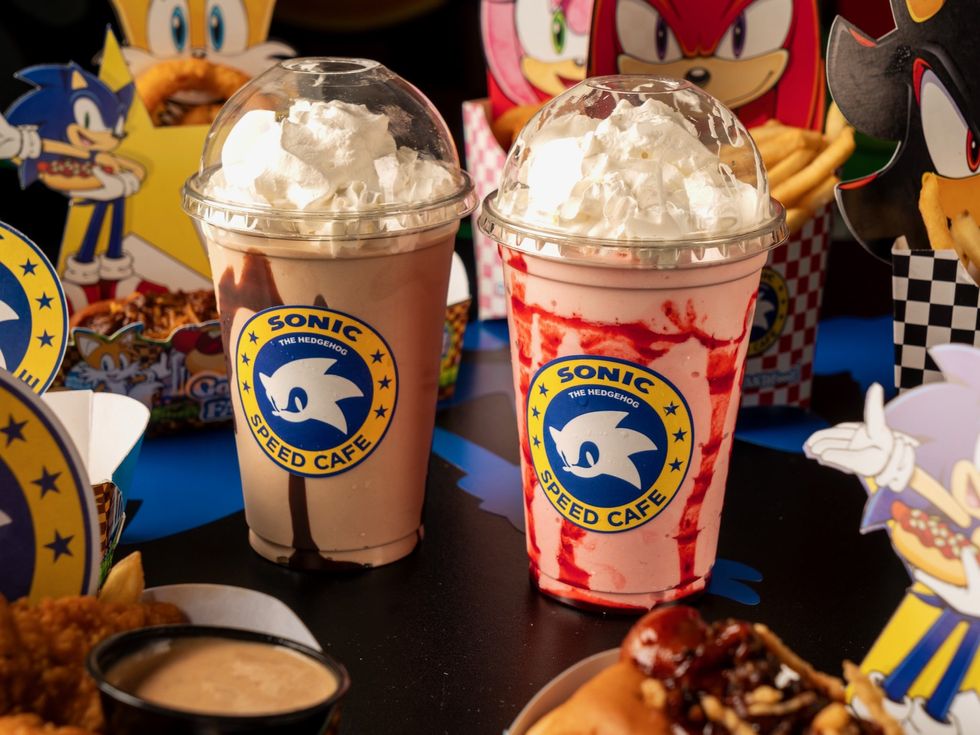 The Team Dark and Sweet Amy milkshakes.Photo by Dylan McEwan
The Team Dark and Sweet Amy milkshakes.Photo by Dylan McEwan